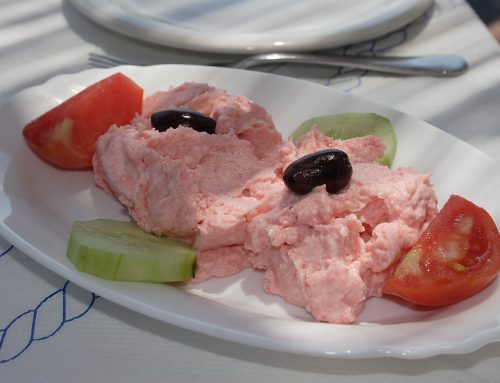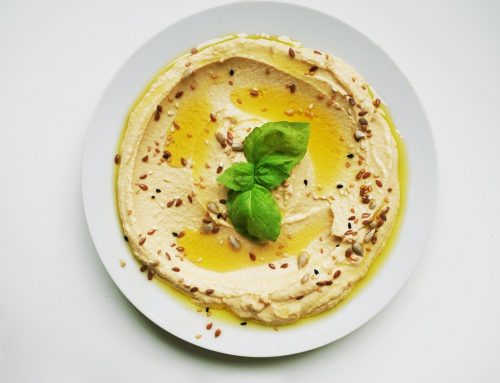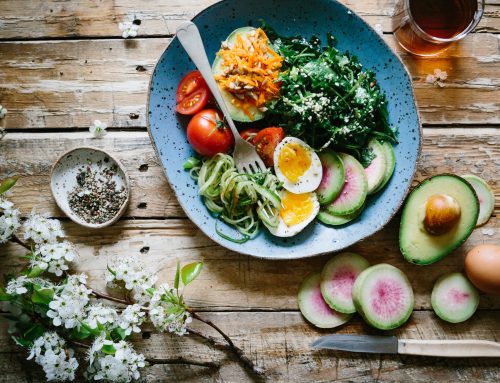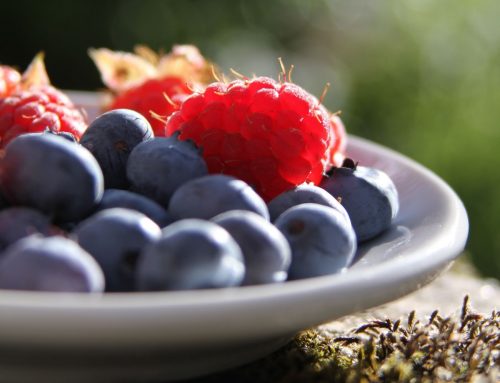Rutabaga is a root vegetable that belongs to the Brassica genus of plants, whose members are informally known as cruciferous vegetables. It’s round with a brownish-white color and looks similar to a turnip. In fact, it’s commonly referred to as a cross between a turnip and a cabbage. The rutabaga is a staple in Northern European cuisine and also known by the names “swede” and “Swedish turnip.” They are extremely nutritious and well known for their antioxidant content. Here are 7 health and nutrition benefits of rutabagas:
1. Nutritious and low in calories
Rutabagas are an excellent source of nutrients. One medium rutabaga (386 grams) provides:
- Calories: 143
- Carbs: 33 grams
- Protein: 4 grams
- Fat: 0.5 grams
- Fiber: 9 grams
- Vitamin C: 107% of the Daily Value (DV)
- Potassium: 35% of the DV
- Magnesium: 18% of the DV
- Calcium: 17% of the DV
- Vitamin E: 7% of the DV
As you can see, rutabagas are an excellent source of potassium, calcium, magnesium, and vitamins E and C. They also contain a moderate amount of folate, a B vitamin that’s important for metabolism, protein synthesis, and DNA replication.
Furthermore, rutabagas provide small amounts of phosphorus and selenium. Phosphorus is an important mineral for energy production and bone health, while selenium is essential for reproductive health.
2. High in antioxidants
Rutabagas are an excellent source of antioxidants, including vitamins C and E. Vitamin C is an antioxidant that neutralizes free radicals, which are harmful compounds that damage cells and lead to oxidative stress when levels become too high in your body. Vitamin C also plays key roles in immune health, iron absorption, and collagen synthesis. Vitamin E is a fat-soluble antioxidant that also fights cell damage and helps maintain a healthy cell membrane.
Interestingly, vitamins C and E work closely together. After vitamin E is depleted, vitamin C helps regenerate it, allowing for these antioxidants to continue protecting your cells. Rutabagas also contain high amounts of glucosinolates, which are compounds with antioxidant properties. They have been shown to reduce inflammation and potentially even your risk of heart disease and colorectal, prostate, and breast cancer.
3. May prevent premature aging
Eating a diet high in antioxidants can help prevent premature aging. Many signs of aging can be moderated through the environment and your diet, as well as by reducing inflammation-promoting activities, such as smoking and sun exposure.
Vitamin C is a potent antioxidant found in rutabagas that helps neutralize free radicals in your skin caused by pollution and damage from ultraviolet (UV) light. It also plays a key role in the synthesis of collagen, an important protein that keeps your skin strong. UV exposure can damage collagen, and vitamin C plays a role in both creating collagen and protecting it.
Antioxidants known as glucosinolates may also play a protective role in skin aging. A recent study on 3D human skin models found that glucosinolates helped protect against UV damage. However, more research is needed.
4. Promotes bowel health
Rutabagas are an excellent source of fiber. One medium rutabaga (386 grams) provides 9 grams of fiber, which is 24% and 36% of the recommended daily fiber intake for men and women, respectively.
They’re high in insoluble fiber, which does not dissolve in water. This type of fiber helps promote regularity and adds bulk to stool. Fiber also feeds healthy gut bacteria, promoting a healthy microbiome. A diet high in fiber is linked to many health benefits, such as a decreased risk of colorectal cancer, heart disease, and type 2 diabetes.
5. May help with weight loss
Adding rutabagas to your diet may aid weight loss. This root vegetable is very high in fiber and takes longer to digest, keeping you feeling full longer. This may prevent overeating and, ultimately, weight gain. What’s more, a high-fiber diet is associated with a greater diversity of gut bacteria. Recent research has shown this connection is important for preventing long-term weight gain.
Finally, eating nutrient-rich, low-calorie foods like rutabagas may replace unhealthy food options that tend to be high in calories, fat, and sugar. Thus, rutabagas may promote a healthy body weight.
6. High in potassium
Rutabagas are a rich source of potassium, which plays many important roles in your body and is especially important for heart health. One medium rutabaga (386 grams) provides 1,180 mg of potassium, which covers 35% of your daily needs for this nutrient.
Potassium is important for nerve signaling and muscle contraction. It also works closely with sodium to regulate fluid balance, which is important for maintaining healthy blood pressure. Those who consume a diet high in potassium tend to have a lower risk of stroke, high blood pressure, and heart disease.
7. Easy to add to your diet
Rutabaga can be prepared many different ways and is available throughout the year, making it an easy vegetable to add to your diet. You can enjoy rutabagas raw or cook them similarly to how you cook potatoes, but be sure to peel the skin, as these vegetables usually have a protective wax coating. Meanwhile, its leaves can be added to salads or soups.
Rutabagas have a pleasant sweet and slightly bitter flavor. You can add them to meals in a variety of ways, including:
- boiled and mashed
- cut into fries and fried
- roasted in the oven
- added to a soup
- thinly sliced and added to a casserole
- grated raw into a salad
Due to their versatility in flavor and preparation methods, rutabagas can replace potatoes, carrots, turnips, and other root vegetables in most recipes.
The bottom line
Rutabagas are a hearty vegetable packed with fiber, vitamins, and antioxidants. They promote feelings of fullness, which can prevent weight gain. Furthermore, they contain powerful compounds that help fight inflammation, prevent premature aging, and are associated with a reduced risk of various cancers. If you want to get creative in the kitchen, rutabagas are a great ingredient to experiment with. They’re delicious and easy to add to many recipes.
Source: Health Line





